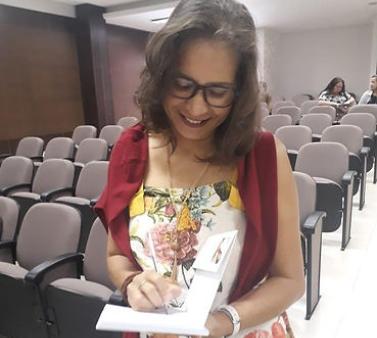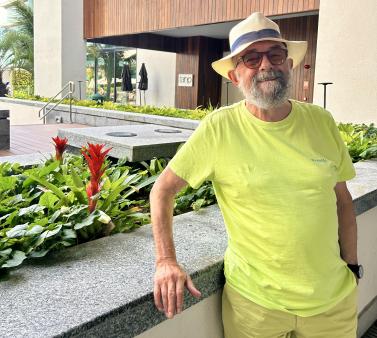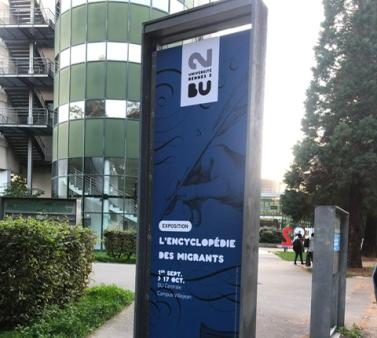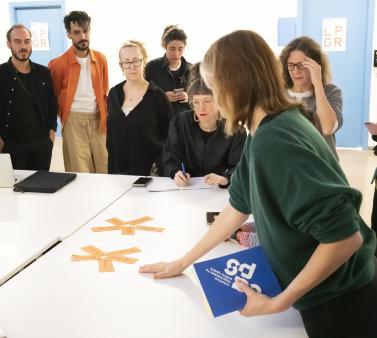MINES ATACAMA
This Franco-Chilean lab, supported by Rennes 2 University and in association with the CNRS, addresses the long-term mining problematic (pre-Inca, Inca, colonial, contemporary industrial farms) and its typological variety (metal and non-metallic, surface or underground mines, small or large scale). The Atacama Desert is a privileged laboratory, on a global scale, for the study of issues surrounding mining and constitutes a strategic and privileged ground for observing the forms of mining under political and environmental constraints. Mines-Atacama uses an international and multidisciplinary perspective to do so, with contributions from the French and Chilean research teams and their speciality fields in history, archeology, anthropology and geography. It is structured into four thematic axes:
- Archeology and archeometry of mining over a long period of time
- Cultural history and knowledge in the mining of the Atacama Desert as a global object
- Industrial and coastal landscapes, materiality and ethnography
- Understanding, comparing and connecting contemporary mining issues
REsources-SOciété (RESO)
RESO is a Franco-Quebecer LIA which aims to combine a geological sciences and humanities and social sciences approach to develop knowledge on emerging resources, but also to inform public debates and support the orientations of the states faced with the many questions raised by the exploitation of these resources. The exploitation of deep natural resources (groundwater, deep geothermal energy, unconventional hydrocarbons and metals) is complex and can lead to high environmental impacts. The recent use of these new resources, such as shale gas, has generated strong public opposition, but beyond that, it raises social science issues about the representation and uses of these resources, as well as on the mobilization of actors at all levels.




